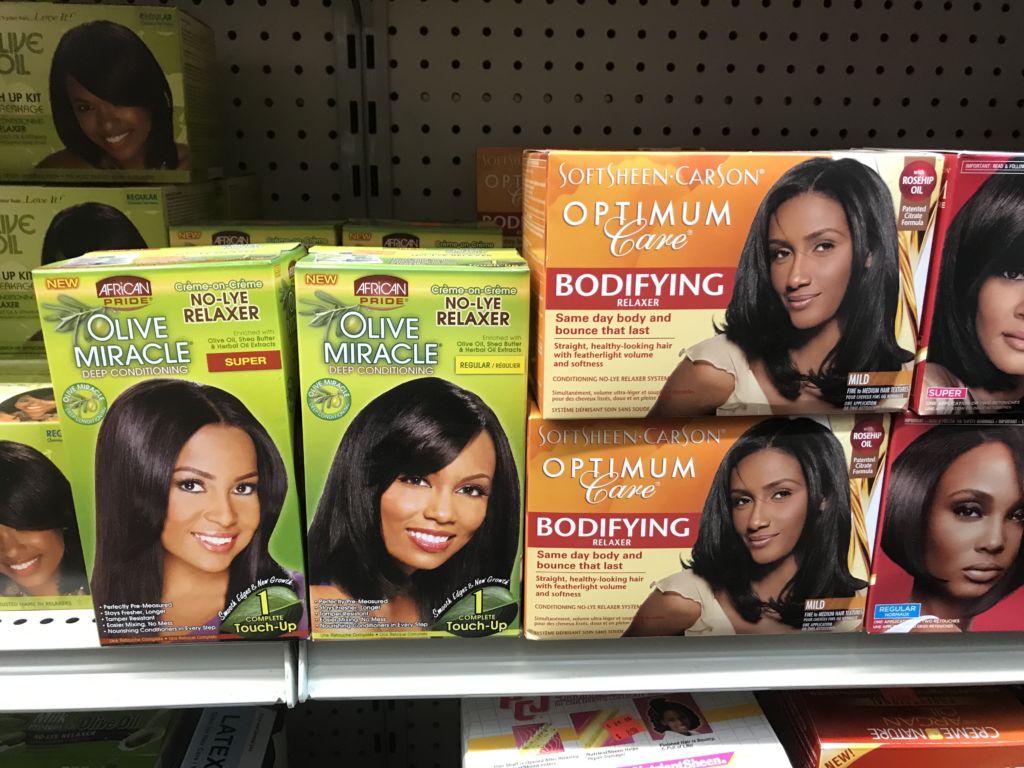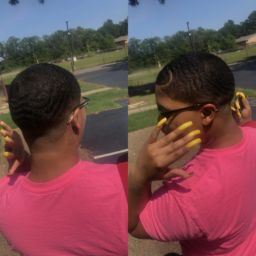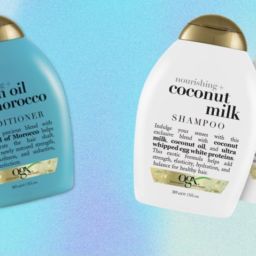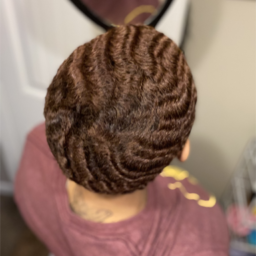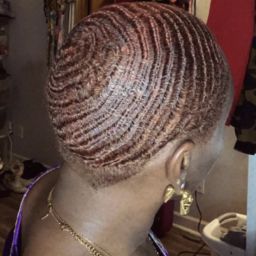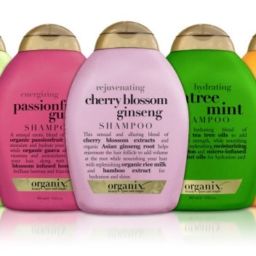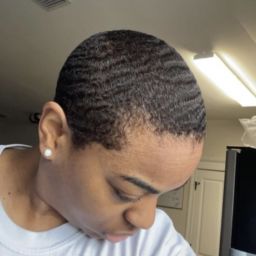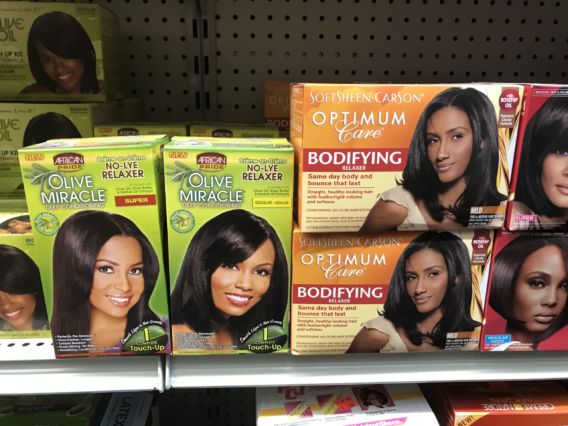
You’ve heard it as “the Creamy Crack,” a Perm, and its many other nicknames. Even with its proper name, Hair Relaxer, this chemically-altering product has been part of the culture for over a century. Created with the simple goal of straightening the hair in the name of appearing more manageable, yet damaging. Leaving many to wonder the long-term affects, we decided to investigate the truth about how closely linked relaxers and breast cancer actually are.
Relaxed Hair, a.k.a. A “Perm”:
A chemical treatment used on Black hair, straightening curly hair by breaking down the bonds in the hair shaft.
During this often tedious hair process, chemicals get into the curls, waves & kinks of the hair. How? By entering the cuticle and cortex Resulting in a silkier look appearing “easier” to deal with, but irreversible in process. The two types of relaxers, “lye” and “no-lye” are no strangers to the conversation.
Lye-relaxers find their use in hair salons, using sodium-hydroxide as the active ingredient. No-lye relaxer is a milder version commonly used for at-home relaxer kits, with either potassium-hydroxide or calcium-hydroxide as the active chemical. Think “Just For Me”, “ORS”, “Dudley Q’s” “Dr, Miracle”, and countless other at-home kits.
Studies, Science & Stories
According to a 2018 study, some hair products marketed to Black Women had cancer-causing ingredients. Hot-oil treatments, anti-frizz polishes, leave-in conditioners, root stimulator, hair lotions, and relaxers were all looked at in the study. As a result, many of the products tested had ingredients linked to both fibroids and other forms of cancer. In fact, the ingredients causing these effects weren’t even listed.
Coincidence? I don’t think so.
More recently, Boston University conducted a study 25 years in the making following 59,000 self-identifying Black Women. Turns out that Black Women who used hair products containing lye several times a year for the past 15 years had a 30% increased risk of estrogen receptor positive breast cancer. The only issue is that because the study is based on products used before 1997, it may not apply to products currently on the market.
Sadly, because the study didn’t have specifics on which ingredients in relaxers are cancer-causing, we won’t be able to know for sure. Plus, more research is still needed on current products available, leaving somewhat of a grey-area for now. But there’s other effects like hair-thinning and scalp damage to consider.
Thinking about all the “my hair was long until my Mom permed it” memes and jokes that we see and hear. It may seem like one, but knowing how many of us have stories of getting relaxers at a early age helps shed some light. Will we ever know the truth? Probably not for some years. But at least we have a starting point, for now.

